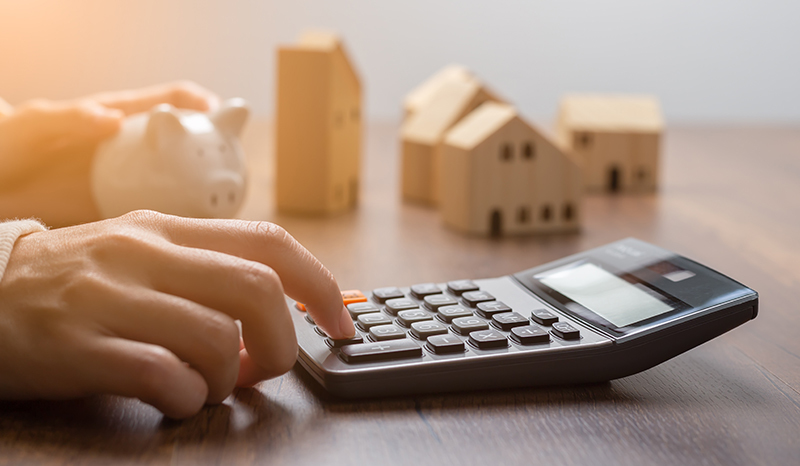Inflation, home prices and interest rates were higher in 2022 than they’ve been in years, but if you’re planning to become a homeowner in 2023, you’ve got time to improve your buying power.
It’s strongly recommended to talk to a mortgage lender, even if you aren’t ready to buy until later in the year. They can “review all aspects of your financial picture” and help you find sources for a down payment, help you raise your credit score to improve your future borrowing rate and help you find ways to reduce your existing debt without triggering costly inquiries into your credit history. Most important, they can help you understand the differences between conventional (Fannie Mae, Freddie Mac) and government-guaranteed (FHA, VA, USDA) loan programs and help you choose the right loan so you can work toward qualifying for the most favorable terms.
Your goal for the near term is to save as much as possible toward a down payment. With VA or USDA loans, no down payment is required, but for other loans, you’ll need at least 3.5% of the purchase price of the home you plan to buy as a down payment. At the same time, you want to pay down debts, beginning with the least expensive credit card balances to improve your credit scores. Don’t close any accounts or incur new debt. Keep your revolving loan balances to 30% or below your credit limits. The higher your credit score, the more loan options are available to you.
